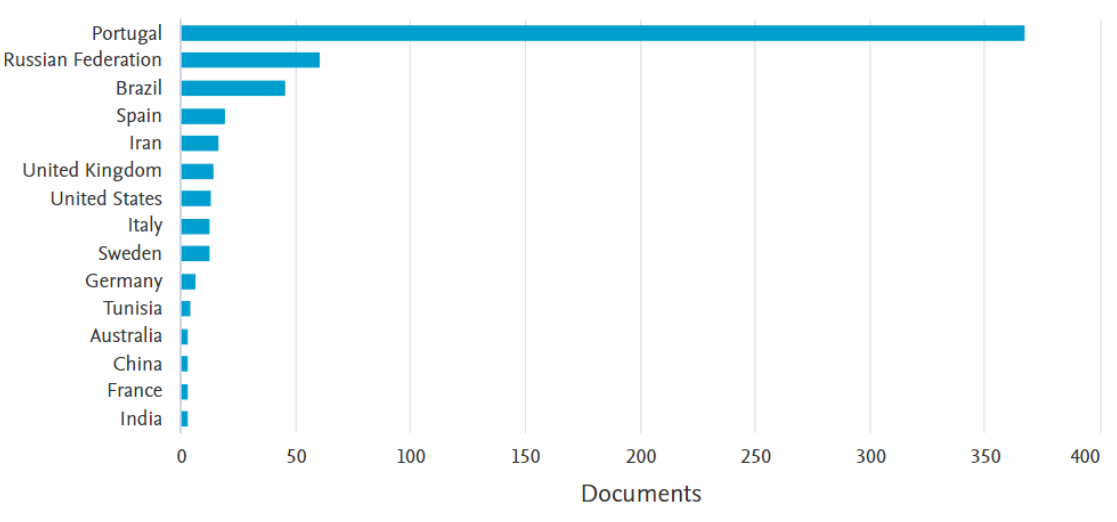Initially this research unit was created as “Centre for Aerospace Science and Technologies” (CAST), in 1994. Currently the unit is concerned with studies in both Mechanical Engineering and Aerospace Engineering, encompassing a wide spectrum of areas, from Astrodynamics to Energy and Structures. To accommodate this slight shift of strategic orientation, in 2013 it was renamed to “Centre for Mechanical and Aerospace Science and Technologies” (C-MAST).
The Centre is organized in 2 research groups:
and 2 cross-cutting thematic lines that provide cross-fertilization between the 2 groups:
- Space Systems
- Optimization of Production and Technological Innovation.
AeroMaS performs research on:
- Space structures and systems
- Composites, structures and nanotechnologies
- Multifunctional materials
- Sustainability and innovation
EnerMeF works in the topics:
- Optimization of Energy Systems
- Heat Transfer and Thermal Systems
- Aerodynamics and Aerospace Propulsion Systems
- Computational Models for Rheology and Magnetohydrodynamics/Electrohydrodynamics
C-MAST is nowadays a melting pot that helps its members to feel a motivating research environment, and this is achieved through general objectives:
- Carry-out high-level focused research;
- Promote international research collaborations;
- Improve the national and EU macro-regional development;
- Train researchers via ambitious MSc, PhD and Post-Doc programs;
- Support scientific employment through funded research contracts;
- Foster scientific culture by means of outreach activities.
The Centre joins integrated and collaborative members from several Portuguese institutions (Universities and Polytechnics), as well as researchers from U.K., Brazil, Italy and Russia, among others.

C-MAST has been actively co-organizing events with the IAF (International Astronautical Federation), and as such was present with a stand at the Aerodays 2015 in London, amongst others. The Center is an active member of International Research Networks (e.g. EASN, CYTED). C-MAST researchers co-authored 175 papers (in 2017) with international scientists from 26 countries (e.g. U.K., Italy, Russia, Brazil, Canada, USA,…) This cooperation has been supported by international projects from the EU and other Agencies. C-MAST is now cooperating with the EU International Twinning Program – a gemination program with international renowned research centers and labs.
The researchers of C-MAST have lectured in several MSc and PhD national and international programs, related to Mechanical, Electromechanical, Industrial Management and Aeronautical Engineering. The Centre is supported by Erasmus, PhD and postdoc training programs, in cooperation with Portuguese language countries (e.g. Brazil, Angola, Cabo Verde) thus contributing to the dissemination of high level qualification.
C-MAST assumes that the development, strengthening, renovation and sustainability of its human resources should be directly correlated with an employment strategy, in order to ensure the incorporation of highly qualified and internationally competitive scientists. Since the last assessment in 2013, C-MAST increased by 40% the number of integrated researchers, with around 20% being young doctorates. Additional contracts are foreseen in the current proposal.
C-MAST aims to stimulate the creation of jobs in science and technology, and some of his young researchers have now engaged in entrepreneurial activities, holding start-up companies. Besides, UBI is actively promoting the rejuvenation of the research staff, where C-MAST was also engaged with CEIIA to cooperate in a “Laboratorio Colaborativo” for the Space area related to Azores, supported on the collaboration with Proespaço – Portuguese association of the space industries; CEIIA and INFANTE consortiums; Entrepreneurship activities (ESA-BIC, INESPO II); consulting and large-scale industry-related projects.
Dissemination of research has been done through local and national-level initiatives, regular research seminars, several projects with primary and secondary schools, and popular contests (for example, the so-called “Spaghetti Bridges” contest at DEM,UBI).
